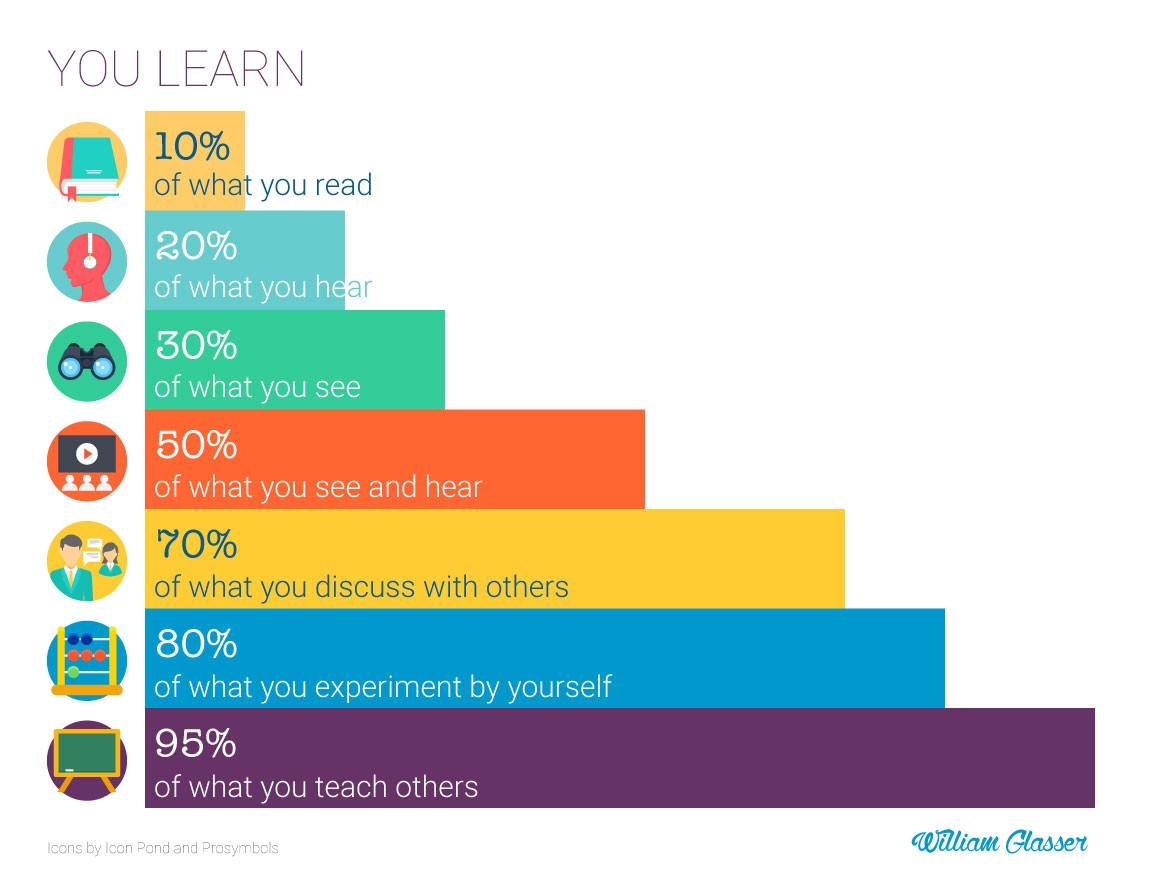Why you should start mentoring now
I don’t know how long you’ve been in the workforce for, but if you take a minute to reflect on your career, do you think you could have handled some things better if you’d received some kind of advice?
Ok it’s a bit of a rhetorical question, we could all always have done things better.
You don’t need anyone — except you do
When you’re at a crossroads in your career, or when you don’t know how to handle a tough colleague, or a nightmare contract, chances you are going to tell someone about it at some point. And maybe they’ll give you their opinion. And more often than not they will tell you something that you’d never considered before, and that will help.
That’s the power of communication, and the beauty of friendship. Now I could play half a dozen Disney anthems about needing others, going further together and friendship being magic.

Sometimes it’s a good thing that your friend, dad, grandma, or fluffy unicorn know nothing about the realities of the industry you work in. However it can be more than useful to be able to talk to someone who’s a bit further down the path, and knows all the nuts and bolts of the trade.
Though I’ve had a good design mentor (shout out to Tony Wong), I sometimes wish I had had a UX mentor, to share important career decisions, struggles, or simply to regularly catch up and chat about my professional journey.
Yes, I’m big enough. Yes, I need learn form my own mistakes and make my own decisions but…
[plays Disney song]
…experienced advice is priceless, whatever your final decision is. I guess as an experience designer I am more than convinced of the power of collaboration and outside input.
100% natural
I’ve come to realise that mentoring is not just a cool optional concept, it’s also a healthy, natural pattern. As a kid I leant from my teachers, who had learnt themselves from their teachers… Same goes with parenting, apprenticeship, or sports training.
Throughout the ages, the master/disciple relationship has been the main model of learning a trade. Watching the master day after day and learning from his every movements would shape the apprentice into a fully skilled professional.

In digital ages, education and training have become (though they still have a long way to go) much more relevant by becoming continuous as opposed to just a launch pad. That’s why conferences, meet-ups and blogs are so successful.
Well I suggest you find your master Yoda.
You may not have to look that far.
Finding your mentor
Maybe your mentor is within your company, maybe on your team. Maybe she is not exactly in the same professional branch as you, or maybe not even in the same country. There are no rules, though there are different benefits for each type of mentoring.
Here are four, non-exclusive types of mentors.
Let me know if I missed something.
The insider
It’s natural and sometimes easier to find a mentor in your own team, office or company.
Pros: You see her on a day-to-day basis, which means you can learn a lot in the details.
Cons: You may not like everything she does or says, and master Yoda can lose some of his shine on a rainy day. But honestly that could also be in the Pros section.
The transversalist
As said above, a mentor does not have to work in the exact same role or field as you. You may still have plenty to learn and share as many principles apply across disciplines.
You could be a UX designer with a CTO or a Product Manager mentor.
Pros: May be easier to find.
Cons: May not be able to advise on career directions as they don’t know the dynamics of your field.
The outsider
Your mentor may work in another company, city, or country.
Pros: Hopefully they will have a great expertise of your field.
Cons: Distance can make communication harder.
The friendtor
Maybe your mentor will be a good friend, someone you can meet around a beer and have a big laugh with.
I suspect there are more and more friendtors out there in the world as company structures become flatter and managers become leaders.
Pros: Did I mention beer?
Cons: Their advice may have to be taken cautiously after the third beer.
Find someone you respect professionally and personally, and ask them to be your mentor!
Hit them on Linkedin or Twitter. Don’t be timid. Ok don’t be creepy either.
Once you have your mentor, try to communicate regularly. It can be once every 6 months via email, or once a month in person. But it can also just be when the need arises…
You’ve found your mentor?
Good.
Now I suggest you became a master Yoda.
Being a mentor
You know that diagram that says you learn 10% of what you listen to, 30% of what you read… and 90% of what you teach? I’ve reproduced it below:

While those figures are not scientifically proven, you definitely learn a lot by sharing knowledge. I taught for 12 years and I can guarantee that if you have taught something, you will know a lot about it once you have been able to explain it in detail and answer questions about the subject.
Teaching reveals gaps in your knowledge. And it makes you fill those gaps. Mentoring is not teaching, but it is sharing. It may open your eyes to things you had never formulated before. And sharing knowledge is like sharing a smile. You don’t have any less after you’ve given it out. Okay this sounds really corny, but I know there are people who are reluctant to share their knowledge out of a strange fear that others would know what they know, and maybe steal their job?
Finally, it’s not a matter of years, or expertise. Someone can benefit from your knowledge and you shouldn’t steal that from them 🙂
Remember your professional life has a start and an end date. There are seasons, cycles, times to receive and times to give back!

Comments
Comments are disabled for this post